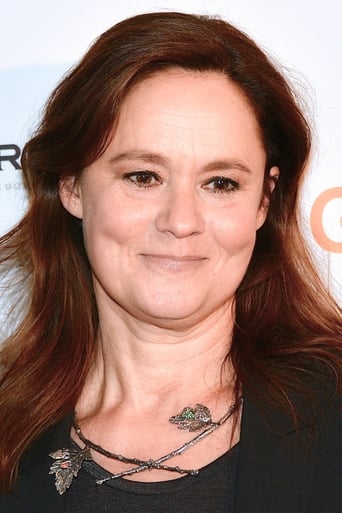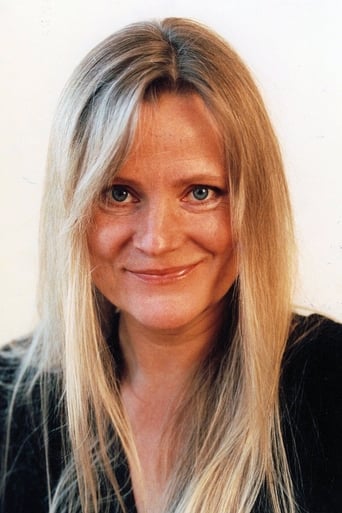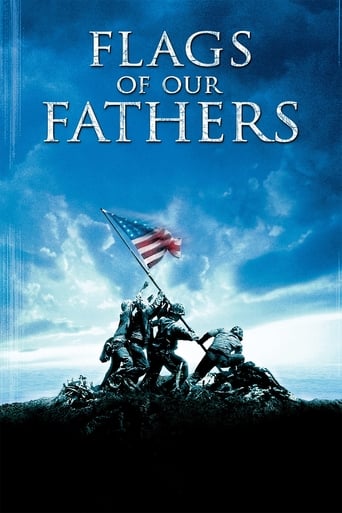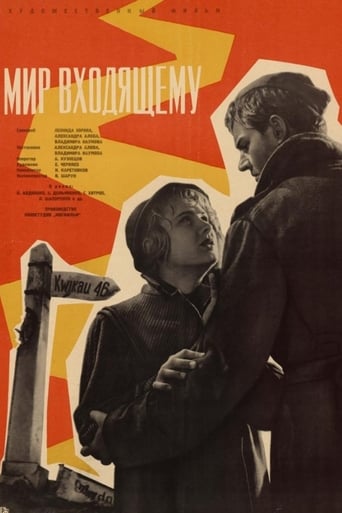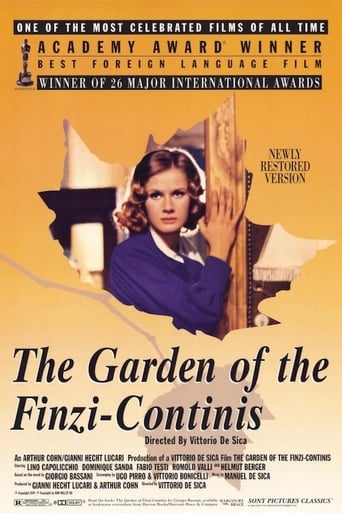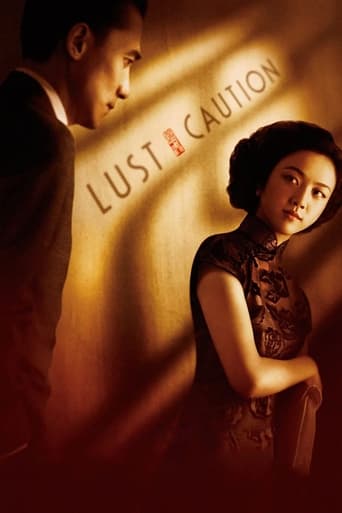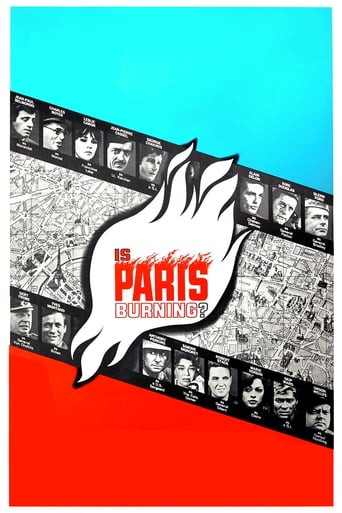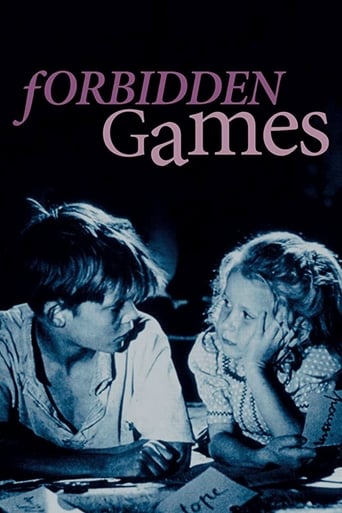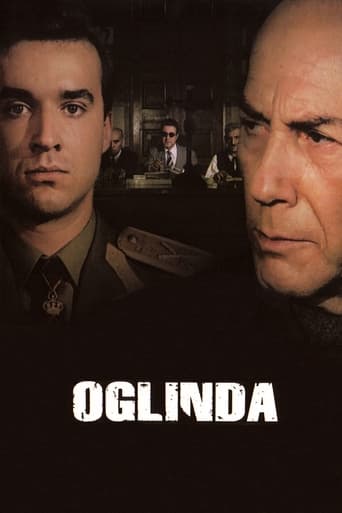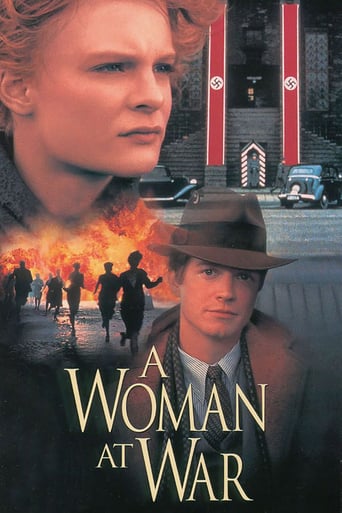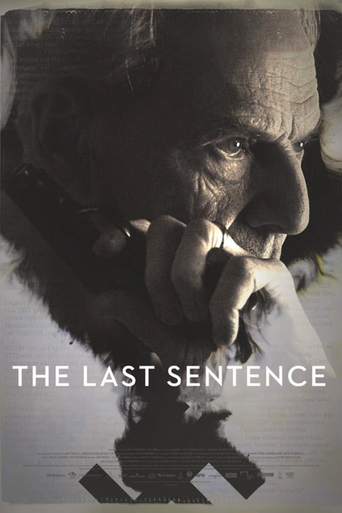
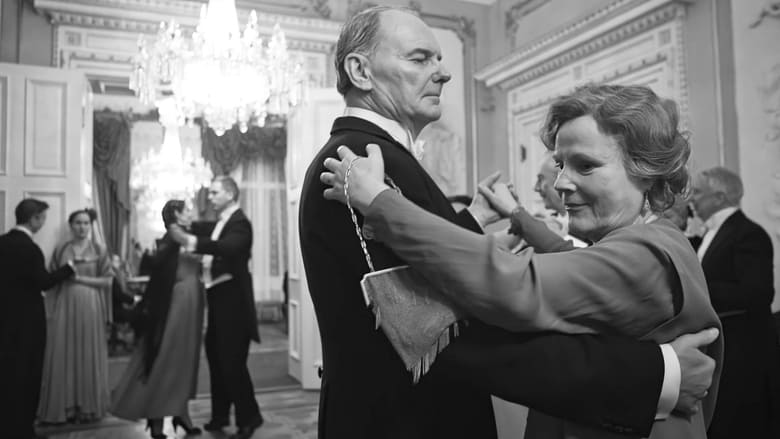
The Last Sentence (2012)
Renowned journalist Torgny Segerstedt declares war against Hitler as he criticizes Swedish politicians who tried to look away from the tyranny of the Nazis with the good excuse of “neutralism”. His only weapon is his pen and his life is full of gossip such as an affair with his boss’ wife, a love scandal with a secretary younger than his daughter, and the suicide of his wife. However, he continues to fight a one man battle against Hitler and the Nazi regime until his death, throwing the question “Can one person really change history?” to the audience.
Watch Trailer
Cast
Similar titles
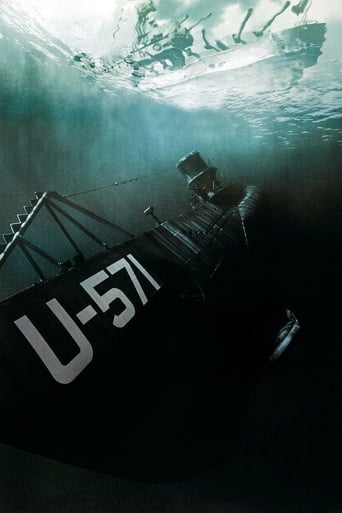
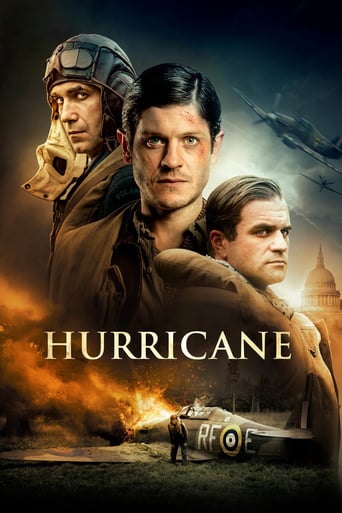
Reviews
Save your money for something good and enjoyable
Don't listen to the negative reviews
A great movie, one of the best of this year. There was a bit of confusion at one point in the plot, but nothing serious.
An old-fashioned movie made with new-fashioned finesse.
It was troubling to view Swedish director Jan Troell's 2012 film based on the experience of crusading journalist Torgny Segerstedt, so soon after the recent tragic assassinations at Charlie Hebdo in Paris. Segerstedt was editor-in-chief of one of Sweden's leading newspapers, and between 1933 when Hitler came to power and his own death in 1945, Segerstedt was a fierce opponent of Naziism, even though much of Sweden's leadership, including the king, was determined to remain neutral and out of the war. The struggle for journalists' right—some would say duty—to speak out despite risks to themselves and others has not ended. Beautifully played by Jesper Christensen, Segerstedt left himself open to criticism and to the devaluing of his motivations by his long affair with a Jewish woman, wife of his publisher. Hollywood's crusading journalists are noble and flawless (think All the President's Men), their presumed moral authority overshadowing any rough spots in their personalities, whereas Segerstedt's uncompromising character is pompous at times and unpleasant at others, he basks in his celebrity, and he's downright cruel to his wife. "Easy to admire, but very hard to like," said RogerEbert.com reviewer Glenn Kenny. Truth told, he loves his dogs best. Producing this film in black and white may have symbolic significance or may be just the preferred Scandinavian style—the film is Swedish, after all. In another Bergman-like touch, Segerstedt sees and converses with the black-clad ghosts of his mother and other women. Slow-moving, like the clear stream (of words?) against which the opening and closing credits appear, there is only a fleeting soundtrack to support the action. The film left me with a lot of unanswered questions. What happened with his writing? When the authorities demanded that a particular edition not be distributed because of its anti-Nazi editorial (which suggests they had imposed some censorship regime), Segerstedt printed it with a big white space where the editorial would have been. Nice. But we never learn whether he was allowed to continue writing after that (or how he was stopped) until a scene that takes place years later. How did the war affect the Swedish people? There's little hint of that, beyond putting up blackout curtains. It seems they had electricity, they had food, petrol, champagne at New Year's. It's primarily the awareness of Nazi behavior that the viewer brings to the film that explains and justifies both Segerstedt's simmering outrage and his country's policy of appeasement. He and his mistress both have suicide plans, if it came to that, but in the absence of any tangible, on-screen threat, their preparations seem self-dramatizing and almost childish. Segerstedt in a sense provides his own epitaph, which is also the Swedish title of the movie—"Judgment on the Dead"— based on a line from a famous Old Norse poem, which says the judgment on the dead is everlasting. History's judgment on Segerstedt would be that he was of course right about the Nazis. And if, as the King believed, it would have been his fault if the Germans invaded the country, he would have been among the first to die. NPR's Ella Taylor called the film "A richly detailed portrait of a great man riddled with flaws and undone by adulation."
Swedish cinematographer, screenwriter and director Jan Troell's thirteenth feature film which he co-wrote with Danish screenwriter Klaus Rifbjerg, is based on a biography about Swedish publicist Torgny Segerstedt from 2007 which was written by Swedish writer, actor and director Kenne Fant. It premiered at the 23rd Stockholm International Film Festival in 2012, was shot on location in Luleå, Gothenburg and Stockholm in Sweden and is a Sweden-Norway co-production which was produced by Swedish producer Francy Suntinger. It tells the story about Torgny Segerstedt, an editor-in-chief of a daily newspaper called Göteborgs Handels- och Sjöfartstidning who lives in Gothenburg with his wife Puste, their daughter Ingrid and his three dogs. Torgny is a strong opposer of the reigning regime in Germany which is questioned by many and he often attends upper-class parties with Puste who mostly stays in the background and observes him and his lover Maja Forssman.Precisely and brilliantly directed by Swedish filmmaker Jan Troell, this finely tuned biographical story which is narrated from multiple viewpoints though mostly from the main character's point of view, draws a mindful portrayal of a Swedish theologian in his late fifty's and his relationship with his Norwegian wife, a married Jewish woman and his somewhat lonely battle against the German national socialism. While notable for its naturalistic and distinct milieu depictions, distinct black-and-white cinematography by Jan Troell and Swedish cinematographer Mischa Gavrjusjov, production design by Swedish production designers Pernilla Olsson and Peter Bävman, fine costume design by Swedish costume designer Katja Watkins, editing by Jan Troell and film editor Ulrika Rang and use of sound, this character-driven and historic drama depicts a nuanced and involving study of character and contains a great score by Norwegian composer Gaute Storaas.This tangible, romantic, political and conversational tale about a truly dedicated anti-Nazi who some thought would jeopardize the national security of Sweden due to his outspoken publications about Nazism and possibly drag his country into the war, is set in West Sweden before and during the Second World War in the 1930s and early 1940s and is impelled and reinforced by its cogent narrative structure, substantial character development, quick-witted dialog and the remarkable acting performances by Danish actor Jesper Christensen, Swedish actress and director Pernilla August, Swedish actress Ulla Skoog and Swedish actor Björn Granath. A reverent, enigmatic and atmospheric narrative feature which gained, among other awards, the award for Best Director Jan Troell at the 36th Montreal World Film Festival in 2012.
Two kinds of evil are analyzed in Jan Troell's The Last Sentence.The first depicts Swedish journalist Torgny Segerstedt's (Jesper Christensen) crusade against Hitler. As editor of an economic daily he campaigned against Hitler and for Sweden's going to war against Nazi Germany. Segerstedt contends that acquiescence to evil only nourishes it. We are responsible for what we allow, not just what we do. Despite the Swedish king's probably correct judgement that Germany and Russia would destroy the Swedish army in a fortnight, Segerstedt sticks to his campaign. His move from Scandinavian concern to the wider European is evidenced when his new bulldog Winston succeeds the poisoned Soren (a Kierke-guard dog?). As we know, Hitler's early sweep was facilitated by the surrender and compromises of state heads who lacked Segerstedt's courage and clarity. In this respect the film reflects upon the current debate over how to deal with the rise of jihadist-based anti- Semitism, in which the Scandinavian countries are very much in the vanguard. How "neutral" was Sweden in WW II and what was its effect? What cost neutrality or acquiescence now?The second moves from the political evil which Segerstedt addresses to the personal evil which he embodies. This fiery journalist is a surprisingly unimpressive man, an academic still obsessed with having failed his thesis (on the origin of polytheism), who has been essentially made by the women to whose spectres he turns after their deaths -- his mother, his wife, his wealthy Jewish intellectual mistress. Despite his open adultery he seems so insecure in his manhood that he keeps two huge mastiffs and the massive bulldog. www.yacowar.blogspot.com
Even with the best intentions from its filmmaker, this film falls utterly flat.Written, directed and edited by Jan Troell, this production is the result of a tired, former champ filmmaker.Bottom line, he's done the worst sin all filmmakers can make. He's made a dull movie.Unengaging and without any resemblance of growing conflict, the film is merely a series of historical moments without any clear through-line. The story illustrates none of the severe consequences that this man caused. It merely hints at this and leaves the viewer unaware of the life threatening situation. The producer should have required the writers to make a dramatic story.The black/white look is suitable yet too crisp and sterile for its purpose. Seemingly grain-less, the digital image lacks mood and authenticity. Film and grain would have added a much needed filter.

